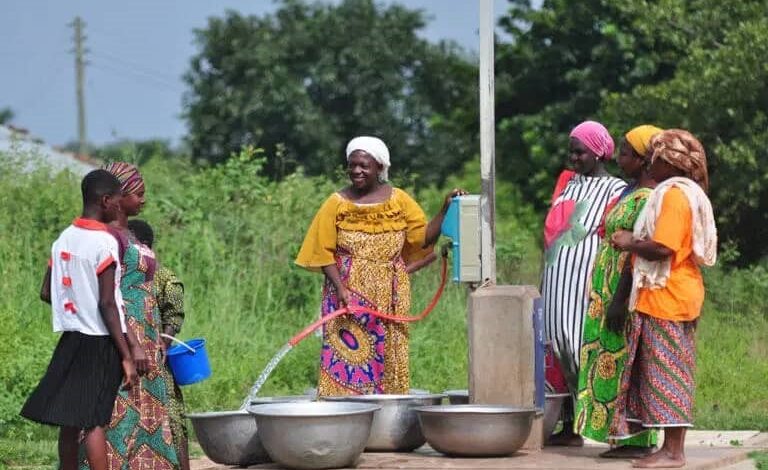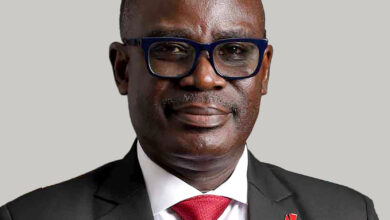Ghana faces $12bn funding gap to achieve universal access to WASH by 2030

Ghana must secure over $12 billion in funding by 2030 to meet its goal of universal access to basic Water, Sanitation, and Hygiene (WASH) services, according to a recent interaction with the United Nations Children’s Fund (UNICEF). The figure underscores the urgency for increased investment to achieve the country’s Sustainable Development Goals (SDGs).
Of this amount, $4 billion will need to come from public funding, requiring the government to spend over $1 billion annually until 2030. This substantial funding gap poses a serious challenge to the country’s ability to meet the SDG target. In 2021, public financing for WASH services fell drastically short at only $100 million, an 80% shortfall. Although public funding increased to $150 million in 2023, it was still significantly below the required $700 million, highlighting the critical need for more financial resources.
The shortfall threatens not only health outcomes but also economic growth and poverty alleviation efforts, with poor sanitation and limited access to clean water directly impacting education and livelihoods. To bridge the gap, the Ghanaian government, international donors, and private sector players must ramp up their collaboration, with innovative financing mechanisms such as public-private partnerships, concessional loans, and grants being crucial.
Government Commitment to WASH Services
In a move to address the growing concern, President Nana Addo Dankwa Akufo-Addo signed the Compact on WASH in August 2024. This initiative reinforces the government’s commitment to improving public health, enhancing climate resilience, and ensuring water and sanitation services reach hard-to-reach communities. President Akufo-Addo emphasized the importance of WASH services for sustainable development, stating, “Without WASH services, sustainable development will remain an elusive dream.”
The Compact, developed through extensive consultations with stakeholders, including development partners and civil society organizations, aims to establish a National Sanitation Authority to help eliminate open defecation by 2030. It also aligns with Ghana’s national climate strategy by focusing on climate-resilient infrastructure to address challenges from droughts and floods.
With support from international partners such as the UK Foreign, Commonwealth and Development Office, UNICEF, and the Sanitation and Water for All partnership, the Compact represents a decisive step toward ensuring all Ghanaians have access to essential WASH services.




